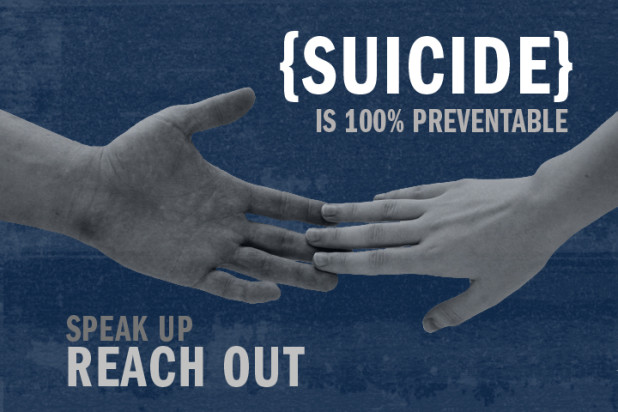DISTRESS TOLERANCE – AN INTRODUCTION TO A DIALECTICAL BEHAVIOUR THERAPY (DBT) PRINCIPLE
laura on 11/09/2024
Photo by Andrea Cassani on Unsplash
There’s no question that feelings can be highly, highly unpleasant. For many people, emotions can become so overpowering that they can compel us to do things we mightn’t be proud of – we can yell, throw things, or binge drink.
Many clients we see at Your Mind Matters struggle with big emotions – some clients report feeling emotionally dysregulated when they’re upset, and struggle to bring themselves back to a baseline, neutral state. It’s a common problem, and can lead to all kinds of difficulties.
This blog is about Distress Tolerance, which is a host of psychological tools that can help us when we’re struggling with truly overwhelming feelings. The goal of Distress Tolerance is not to eliminate an emotion, or even significantly reduce its intensity – instead, it’s about teaching us to tolerate the emotion, and withstand the urges that can come with it. It belongs to a kind of therapy called Dialectical Behaviour Therapy (DBT).
DBT is an evidence-based therapy for multiple forms of mental health challenges, and contains plenty of ideas that can be great for anyone’s emotional wellbeing. DBT breaks itself up into lots of different bits and pieces – one of these is a Skills component, that has Distress Tolerance as a sub-school inside it. You can think of DBT as a big book – Skills is a chapter, and Distress Tolerance takes up a few pages in that chapter.
Distress Tolerance is about asking yourself what behaviours your emotions urge you toward, with a particular focus on the kind of behaviours that lead to greater distress later on – i.e., make the situation worse. For instance, if you were a tennis player whose emotions led to an urge to smash your racquet against the court, your Distress Tolerance goal could be to reduce your racquet-smashing – because this will make you feel embarrassed or guilty later on, and avoid the competitive consequences that come with it. Note the player’s goal wouldn’t be to feel less angry, although this would be nice… instead, Distress Tolerance asks you to ride that emotion more effectively, and not make the feeling worse.
Other behavioural goals can be:
- Not binge-drinking alcohol.
- Not texting people with threats, sarcasm, or aggressive themes.
- Not using drugs.
- Not self-harming.
Distress Tolerance asks clients to build a Distress Tolerance Toolkit – i.e., a set of skills that include self-soothing, distraction, connecting with others, and mindfulness. Again, we’d hope these tools reduce the intensity of your feelings; but more importantly, we’d hope they lead to you tolerating your distress without engaging in life-worsening behaviour.
There are lots of methods and strategies DBT uses in their Distress Tolerance framework – many of them are available for free from their official website: (https://dialecticalbehaviortherapy.com/distress-tolerance/).
Some questions for your reflection:
- Why don’t I like unpleasant feelings? Aside from being viscerally uncomfortable, is there something I’m worried the feelings will do to me? I.e., that I’ll lose control, or not be able to recover?
- How do I deal with highly unpleasant feelings? If I watched myself living with difficult feelings on CCTV, what would I see myself doing?
- Do I do things that make my life worse, or increase a sense of shame or guilt? What sort of things are they? Do I want to change these typical responses, and why?
- Lastly – am I being too hard on myself? Often, clients say they ‘respond badly’ to certain feelings… but there’s nothing necessarily wrong with eating more chocolate than usual, or scrolling on your phone for a few minutes. If you want to change those things, that’s great – but it’s certainly not compulsory for good mental health.
This blog was written by Patrick (Paddy) Carey – Clinical Psychologist at YMM.
Paddy works with adults presenting with anxiety disorders, mood disorders, trauma and stressor-related disorders, obsessive-compulsive disorders, substance and gambling issues, psychosis spectrum disorders, and grief and loss. He is trained in Cognitive Behaviour Therapy (CBT), Acceptance and Commitment Therapy (ACT), Cognitive Processing Therapy (CPT), Metacognitive Training (MCT), and mindfulness approaches.
Paddy is focused on developing warm, trusting, and strengths-based relationships with clients. He recognises that his clients are the foremost experts in the room, and unearthing their own expertise is crucial to applying his skills.
To learn more about Paddy, check out the “Our Team” page on our website! https://yourmindmatters.net.au/our-team/









